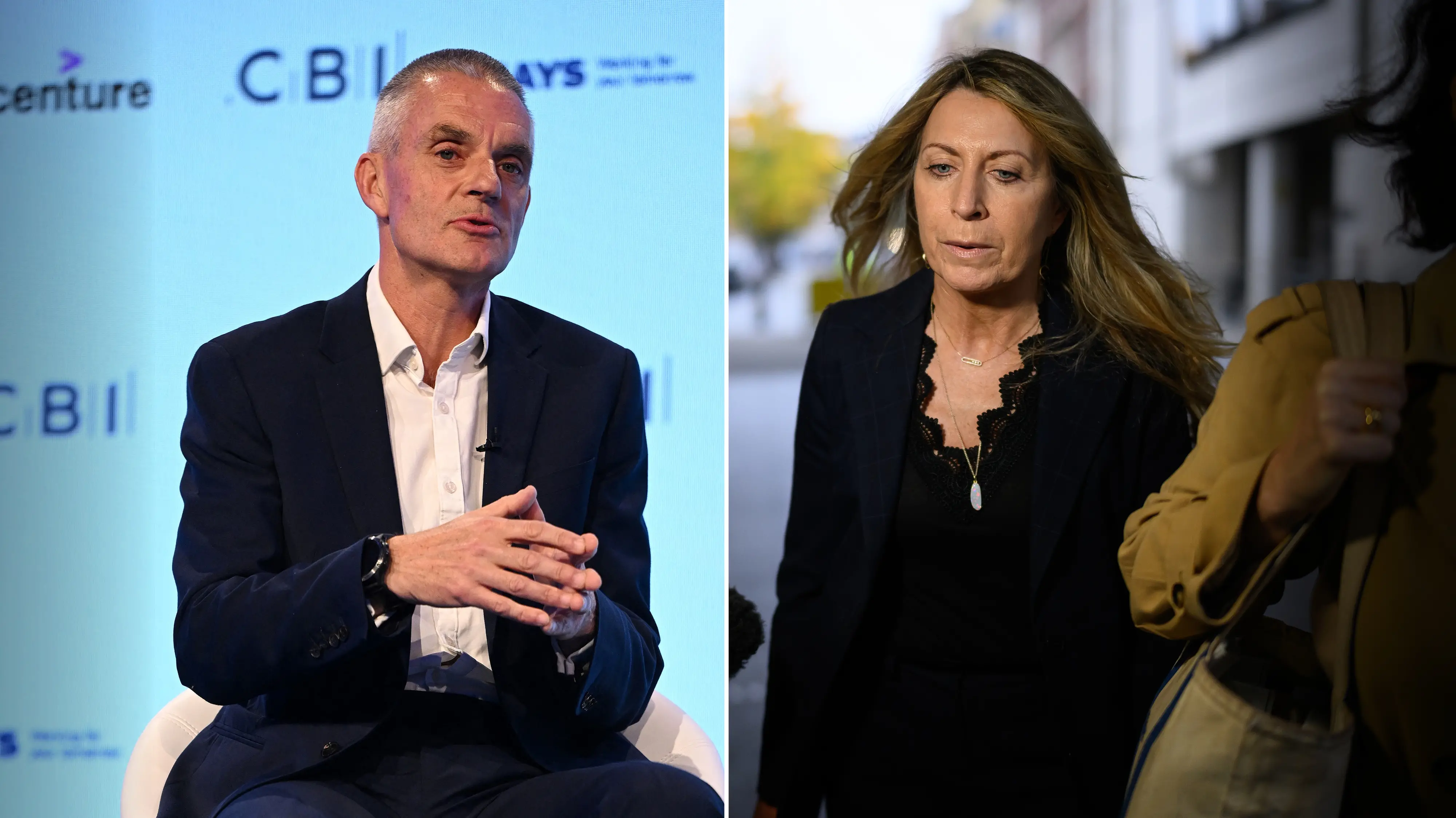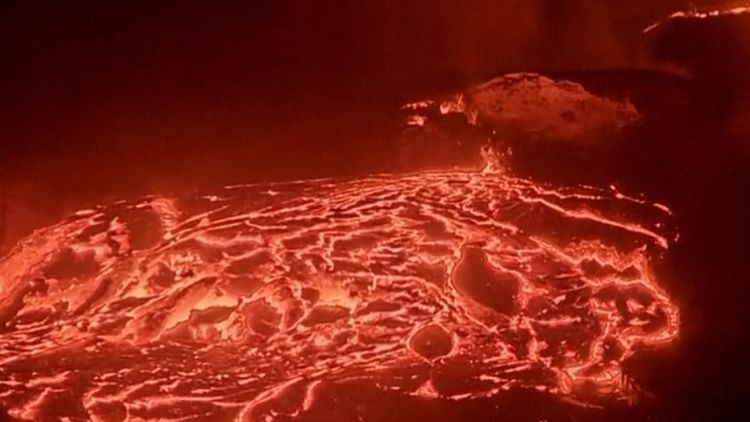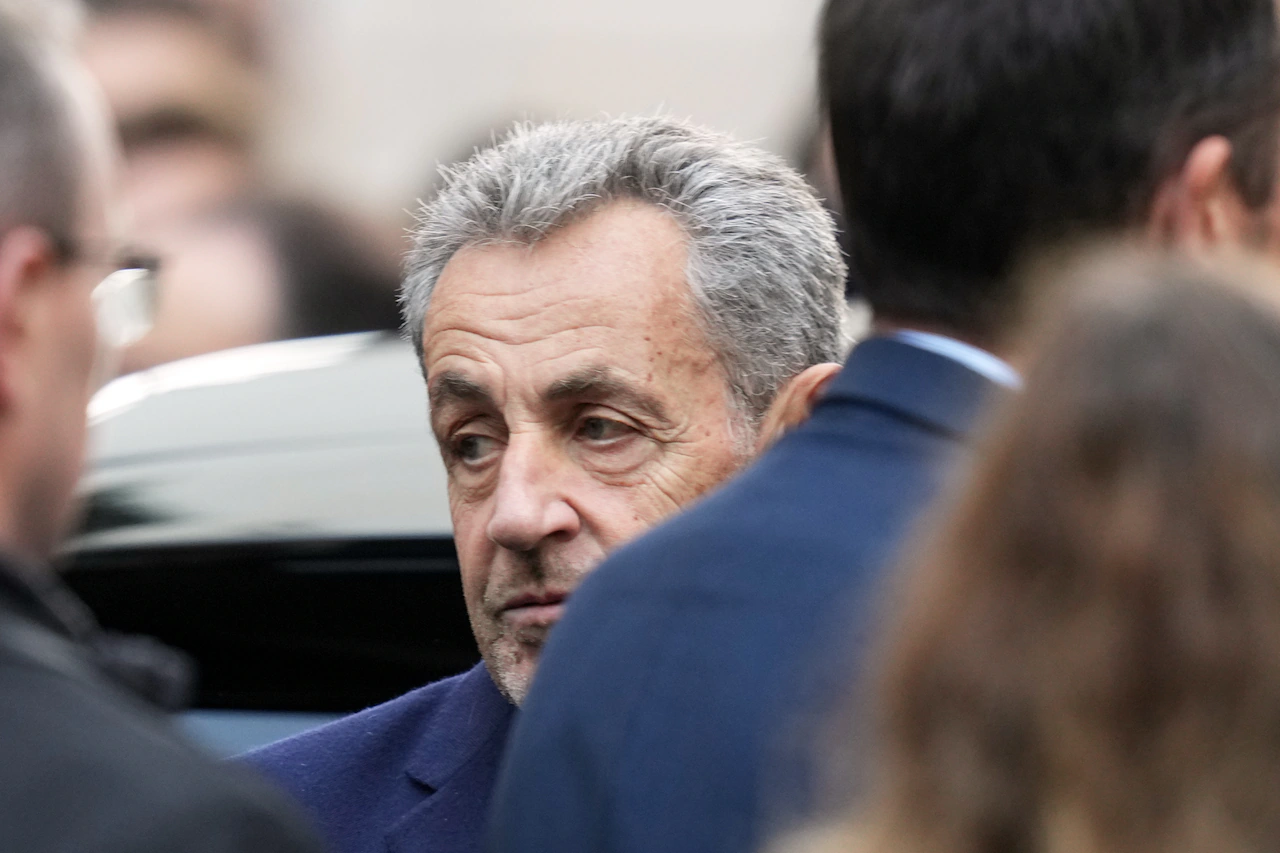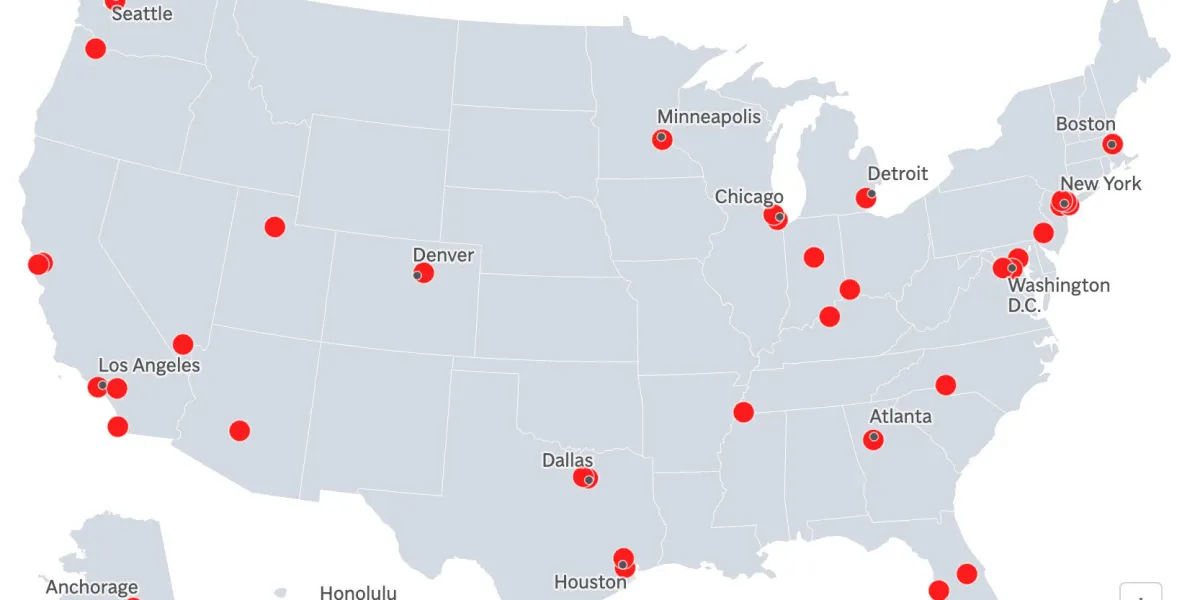Copyright thejc

To understand this latest BBC crisis, it’s instructive to remember Robert Conquest's third law of politics: the behaviour of any bureaucratic organisation can best be understood by assuming that it is controlled by a secret cabal of its enemies. The “sorry not sorry” attitude of the BBC’s chairman and its departing CEO of news today is otherwise almost inexplicable. We’re all used to those political non-apologies in which someone tells us they are sorry “for any offence caused” rather than for the substance of what they have said or done. Now we have the BBC’s version, with its chairman Samir Shah telling us he is sorry for the “error of judgment” in splicing together two separate parts of a Donald Trump speech, and with the BBC’s CEO of news, Deborah Turness, insisting that she is going only because “the buck stops with me”. Just a silly mistake, much ado about nothing, move along please. Biased BBC? How very dare you! Nothing better illustrates the problem with the BBC than its behaviour over the resignation of its two most senior employees in a scandal over journalistic malpractice. Director General Tim Davie and Turness haven’t resigned because they fancied a change of scene. They’ve gone because over the course of the past week a series of scandals have emerged which show the depths of the malaise at the BBC. And even though the emergence of those scandals has forced Davie and Turness out, even now neither Shah nor the CEO of news is willing to acknowledge what is wrong. Clearly it was wrong to have edited the Trump speech so badly. But while the mindset behind such behaviour is indicative of the BBC malaise – we know x is true, so even if y isn’t actually true, we will report it because it makes it even clearer how true x is – the most damning parts of the memo written by Michael Prescott, the BBC’s former adviser on editorial issues, actually relate to two other areas: the BBC’s coverage of Gaza and the Middle East, and its approach to trans issues. Shah and Turness can conceivably – wrongly, but conceivably – maintain that the Trump edit was a one-off, a mistake, an editorial decision that somehow slipped through. But they can’t even conceivably argue that about the Hamas propaganda pushed by BBC Arabic or, as Prescott puts it, the way that “claims against Israel seem to be raced to air or online without adequate checks, evidencing either carelessness or a desire always to believe the worst about Israel.” JC readers hardly need me to outline this, given how much space the paper has had to give to the BBC’s errors. And it’s not just about the Gaza war. Two hundred Jewish BBC employees have written to the chairman expressing their anger at the BBC’s attitude to Jews generally. We saw that in 2021 when it broadcast a grotesquely distorted account of the attack on Jewish children by a group of Muslims in Oxford Street. The BBC insisted that they had in effect brought it on themselves with a racist taunt, a libel that was simply not true. When the BBC was provided with evidence of this, it refused to accept how flawed its report was. It took an Ofcom report ten months later to find that there were “serious editorial failings”. But despite that, nothing has changed. Actually that’s wrong; things are now much worse, because the BBC’s coverage of the Gaza war has helped fuel a huge rise in antisemitism. Shah, Davie and Turness were provided with detailed and specific examples of the problems with its coverage and with BBC Arabic. They did virtually nothing, burying Prescott’s memo, while Global News Director Jonathan Munro defended BBC Arabic as “an exceptional source of journalism” and the BBC’s Gaza reporters as an “unrivalled source of knowledge and editorial content for the wider BBC”. There has been a similar issue around the BBC coverage of the trans debates, with executives and reporters pushing the Stonewall agenda and excluding almost all coverage of “gender critical” stories which were based on the biological fact that men are men and women are women. In many ways this was an even deeper ideological capture than its stance on the Middle East. Now both Davie and Turness are gone. It’s said a crisis should never go to waste; for the BBC that should mean ensuring that whoever replaces them is committed to changing the culture of defensiveness and an editorial slant that treats anything that is not centre-left as somehow outré. But from everything we have seen and heard today, it seems that even now the BBC still doesn’t get it.



